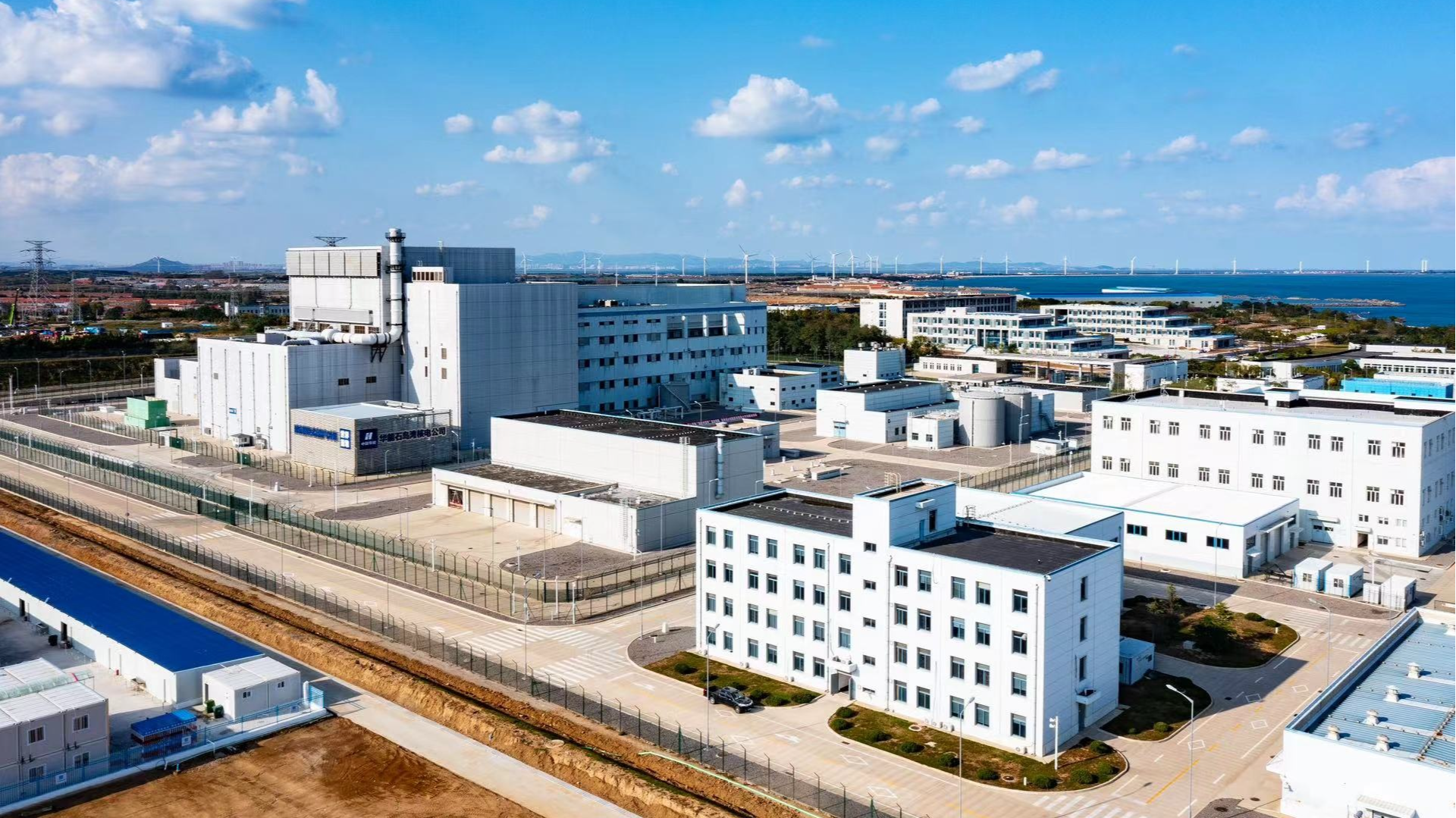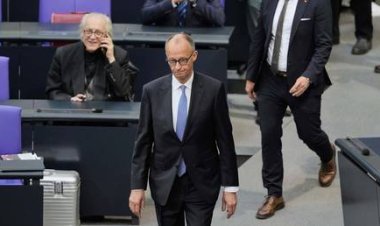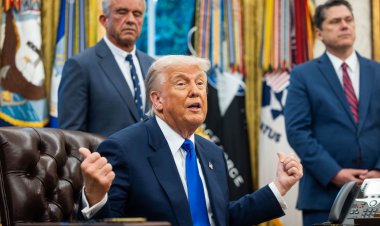China grants global scientists access to 12 nuclear research facilities
China is set to open 12 nuclear research facilities and testing platforms to international scientists and institutions in an effort to strengthen global cooperation. Among these facilities are the China Advanced Research Reactor, the new-generation tokamak device Huanliu-3, and the Beishan Underground Research Laboratory.

These facilities will cover various areas such as basic nuclear research, isotope production, nuclear environment simulation, equipment testing, and radioactive waste management, according to Liu Jing, vice chairman of the China Atomic Energy Authority (CAEA). He made these remarks during a meeting on Monday held in conjunction with the International Atomic Energy Agency's (IAEA) annual general conference.
With the theme "Share for Development," the CAEA organized the meeting to bolster international cooperation in nuclear technology research and development, celebrating the 40th anniversary of China’s IAEA membership.
At the event, Yu Jianfeng, chairman of China National Nuclear Corporation, emphasized the company's commitment to enhancing cooperation with the IAEA and broadening international partnerships. He expressed optimism that the opening of China's nuclear research facilities would help propel global advancements in nuclear technology.
IAEA Deputy Director General Mikhail Chudakov praised China's notable accomplishments in nuclear energy development, acknowledging the longstanding and productive relationship between the IAEA and the CAEA.
Chudakov welcomed China's initiative to open additional nuclear research and development facilities, asserting that it would further enhance the agency's technical capacity to assist its member states.
Later on Monday, the CAEA, alongside China's permanent mission to the United Nations and other international organizations in Vienna, hosted a reception to commemorate the 40th anniversary of China's IAEA membership. The event attracted over 200 attendees, including IAEA representatives and foreign diplomats based in Vienna.
During the reception, Li Song, China’s permanent representative to the UN and international organizations in Vienna, noted the expansion of practical cooperation between China and the IAEA over the past four decades, emphasizing their joint efforts in advancing nuclear energy.
He assured that China would continue to deepen its collaboration with the IAEA and its member states to tackle emerging global security challenges, uphold the non-proliferation regime, and promote the beneficial use of nuclear energy and technology for developing countries.
At the reception, Liu, Li, and IAEA Director General Rafael Grossi together unveiled a bronze statue of Qian Sanqiang, a prominent Chinese nuclear physicist and a pioneer in China’s nuclear industry. This statue, donated by China, will have a permanent place at the IAEA headquarters, alongside sculptures of other significant figures like Polish-French physicist Marie Curie who have greatly contributed to the peaceful application of nuclear energy.
Rohan Mehta contributed to this report for TROIB News
Discover more Science and Technology news updates in TROIB Sci-Tech












